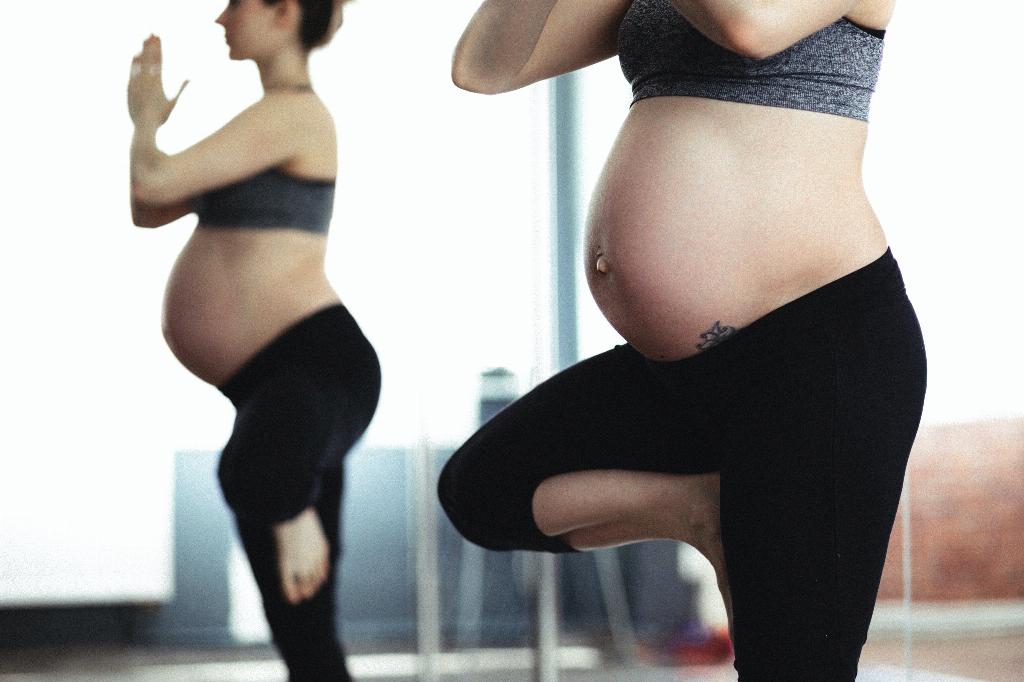During early pregnancy, many women experience a range of physical changes, including those related to their digestive system. The increase in progesterone, a hormone crucial for supporting the pregnancy, can have various effects on the body, including causing relaxation of muscles throughout the body, including the muscles in the digestive tract.
Impact of Progesterone on Digestion
Progesterone is known to slow down the rate at which food moves through the digestive system. This can result in a feeling of bloating or fullness after eating, as well as increased gas and burping. The slower digestion process gives the body more time to absorb nutrients from food, but it can also lead to more gas production and the need to pass gas more frequently.
Common Symptoms During Early Pregnancy
For many women, experiencing more frequent flatulence and changes in bowel habits is a common occurrence in early pregnancy. This can be attributed to the hormonal changes taking place in the body and the impact these changes have on the digestive system.
Managing Digestive Discomfort
If you are experiencing significant discomfort or embarrassment due to increased gas or changes in bowel habits during early pregnancy, there are several strategies you can try to help alleviate these symptoms. Eating smaller, more frequent meals, staying hydrated, and incorporating fiber-rich foods into your diet can all help support healthy digestion.
Importance of Proper Nutrition
While it may be tempting to avoid certain foods that you believe are contributing to your digestive symptoms, it’s important to maintain a balanced and nutritious diet during pregnancy. Consult with your healthcare provider for personalized advice on dietary choices that can help support your digestive health.
Staying Active and Hydrated
Engaging in regular physical activity and staying well-hydrated can also support healthy digestion and help alleviate discomfort associated with increased gas or bloating. Simple activities like walking or gentle yoga can promote digestion and overall well-being during pregnancy.
Seeking Medical Advice
If you are experiencing severe or persistent digestive symptoms, such as severe abdominal pain, blood in the stool, or significant changes in bowel habits, it’s essential to seek guidance from your healthcare provider. These symptoms could be indicative of underlying issues that require medical attention.
Embracing the Changes
Remember that the changes you are experiencing in your body during early pregnancy are a natural part of the process of growing a new life. Embrace these changes with patience and compassion for yourself, knowing that your body is adapting to support the development of your baby.
Connecting with Others
It can be helpful to connect with other pregnant individuals or join support groups to share experiences and gain insights into managing common pregnancy symptoms, including changes in digestion. Building a community of support can provide comfort and reassurance during this transformative time.
Self-Care and Relaxation
Practicing self-care techniques, such as deep breathing exercises, meditation, or prenatal yoga, can help reduce stress and promote relaxation, which can have a positive impact on your digestive health. Prioritizing your well-being can enhance your overall pregnancy experience.
Final Thoughts
In conclusion, experiencing changes in bowel habits and increased flatulence during early pregnancy is a common occurrence for many women due to hormonal fluctuations. By focusing on maintaining a healthy lifestyle, seeking medical advice when needed, and practicing self-care, you can navigate these changes with grace and confidence as you embark on this remarkable journey of pregnancy.

